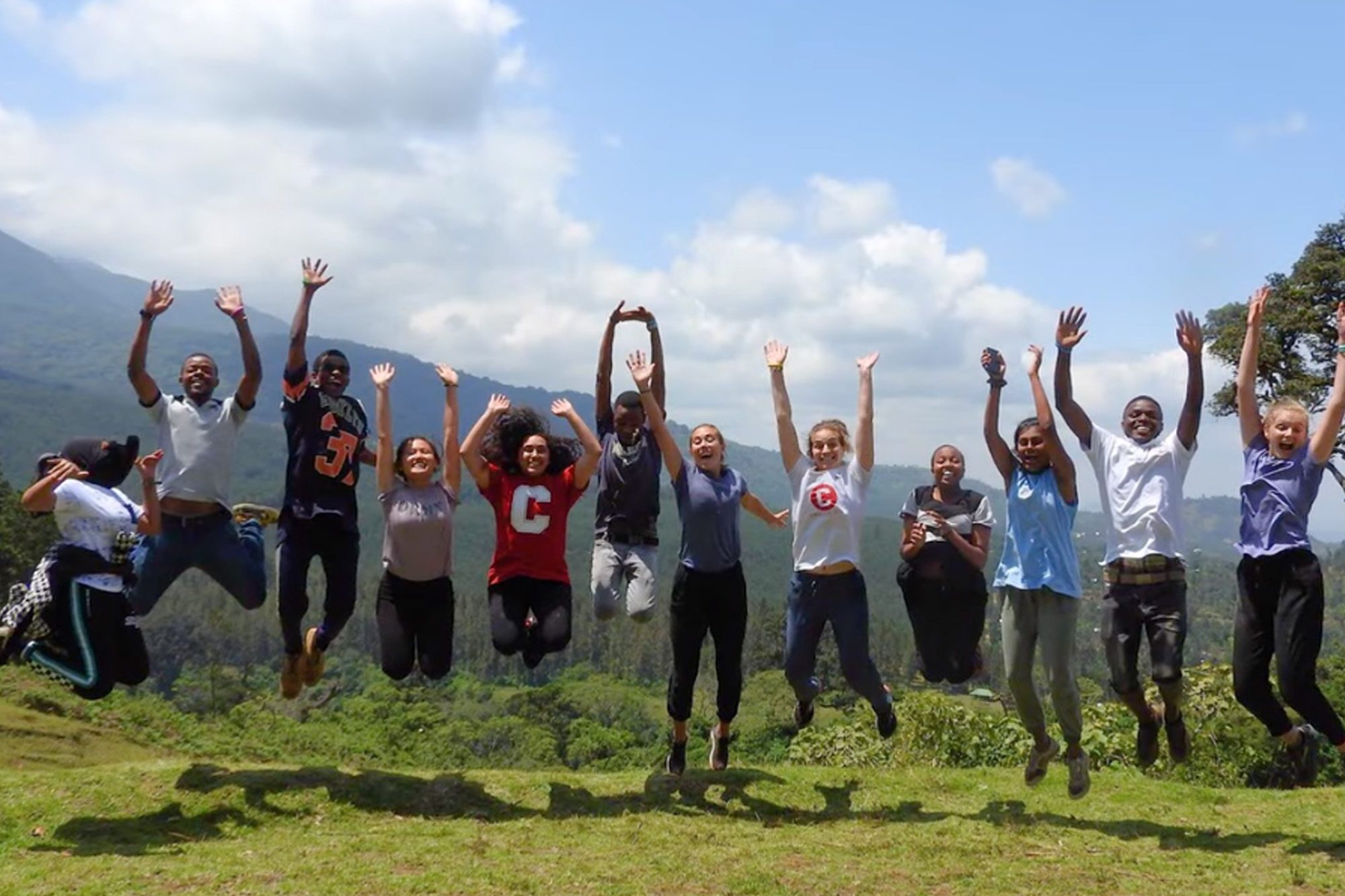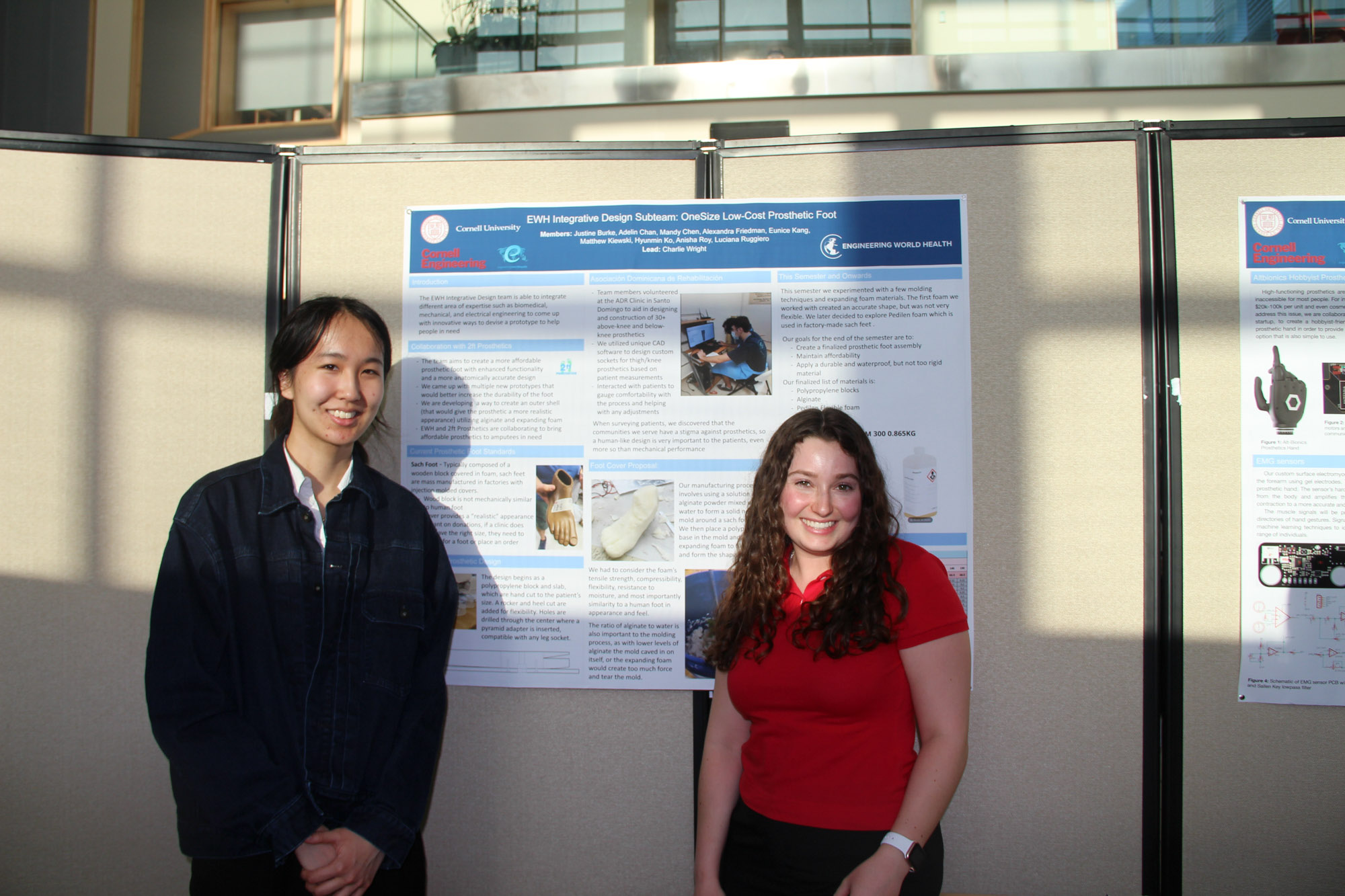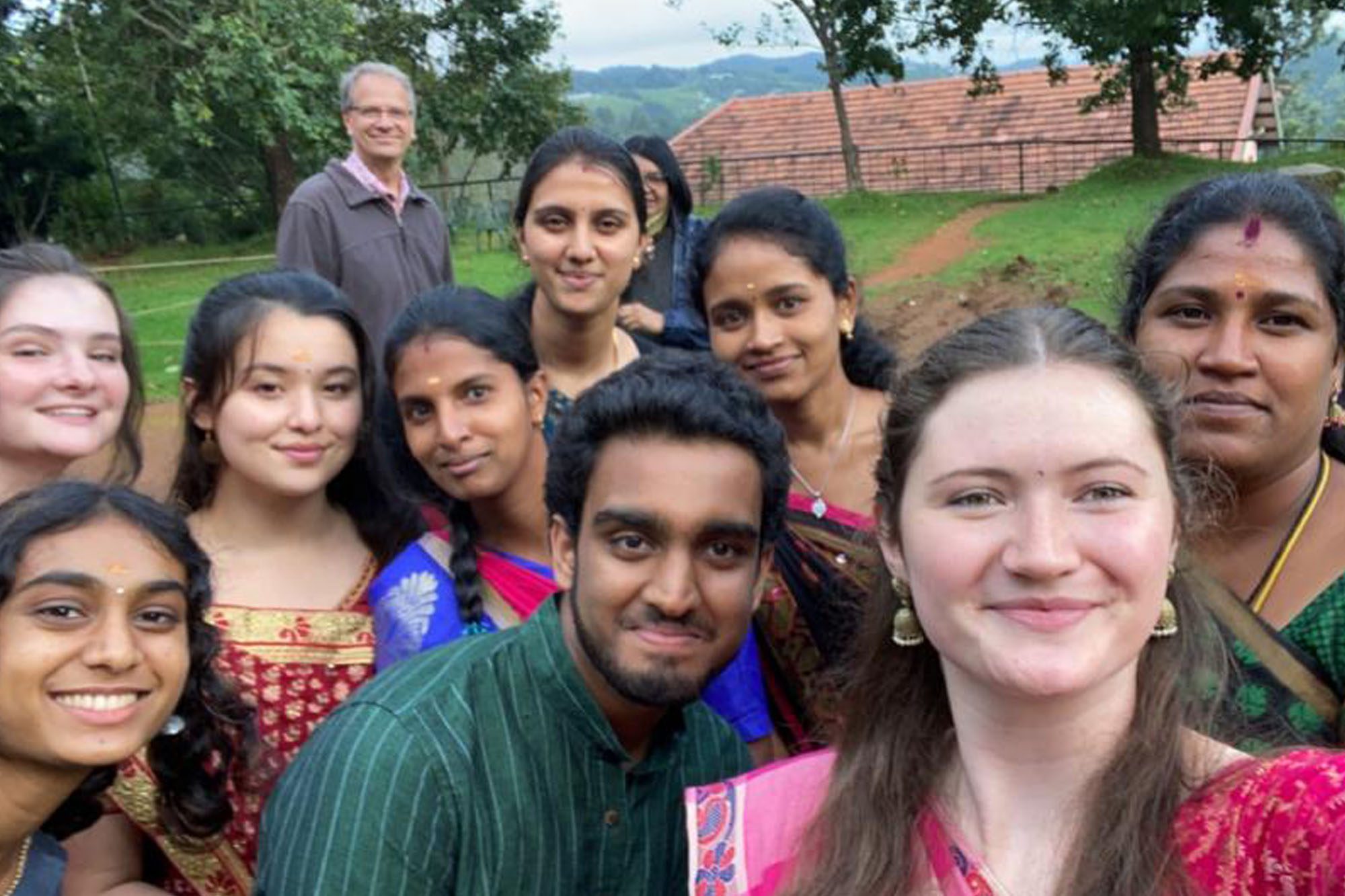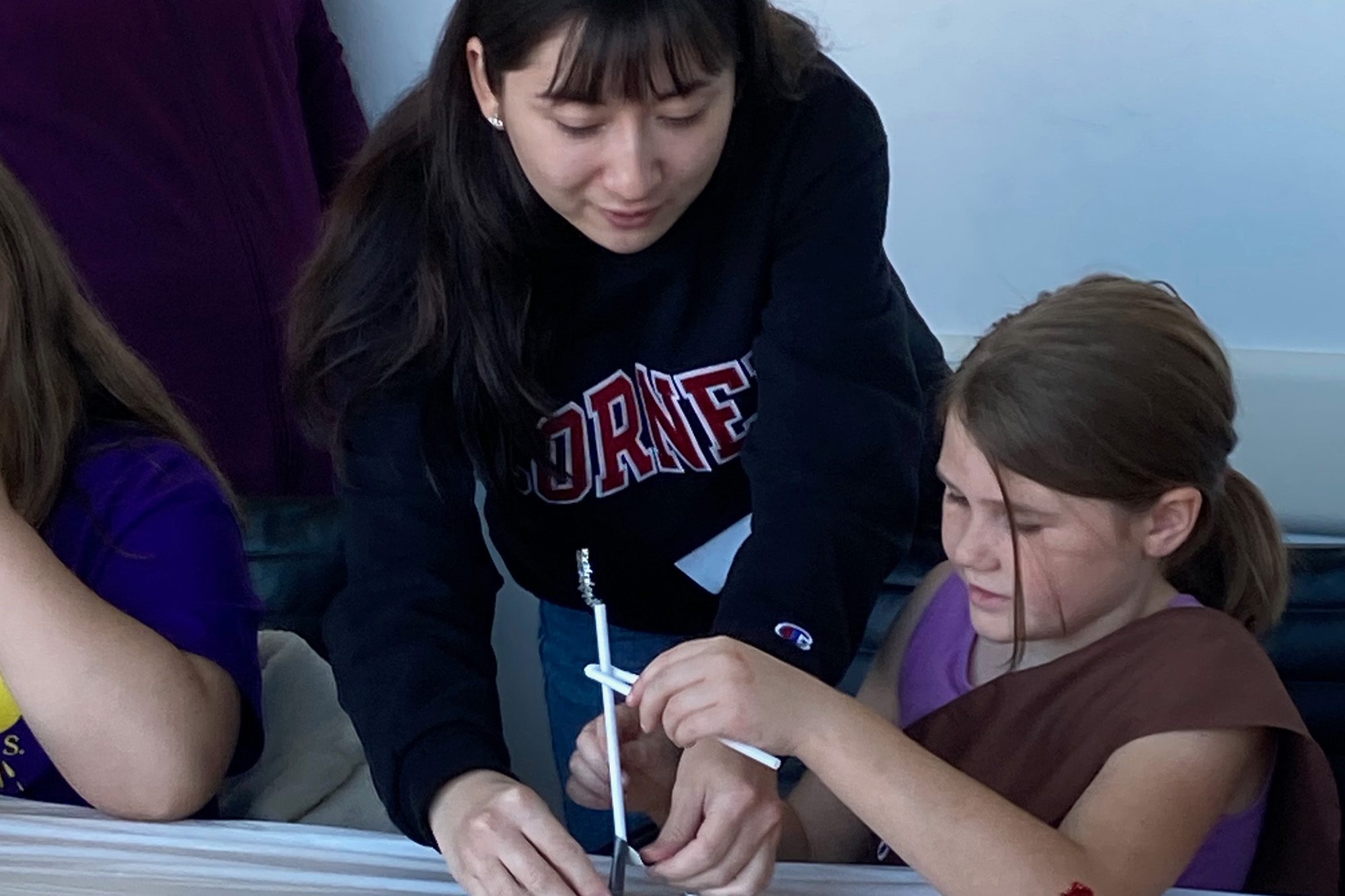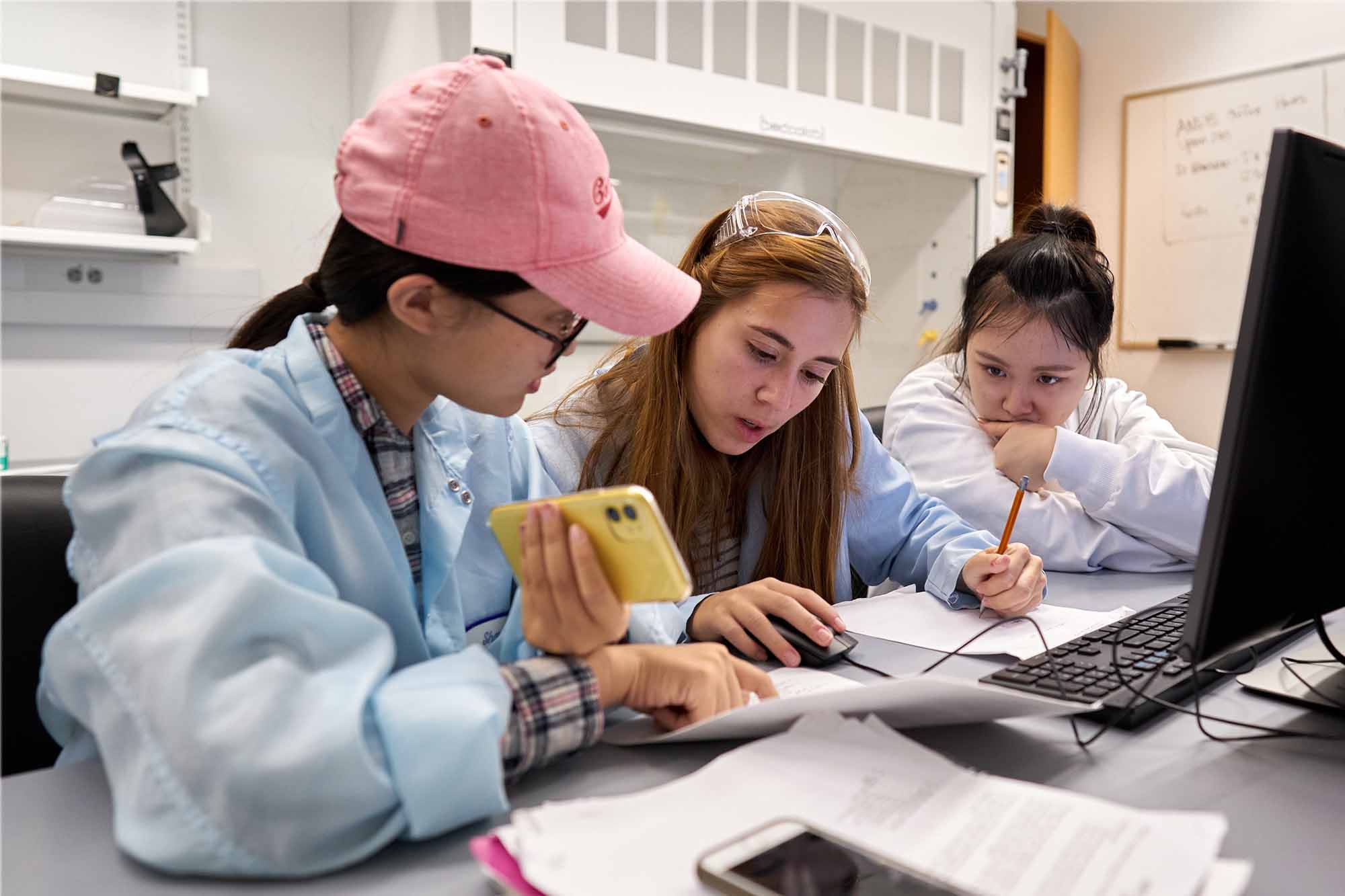Page Contents
Student Organization Lists and Directories
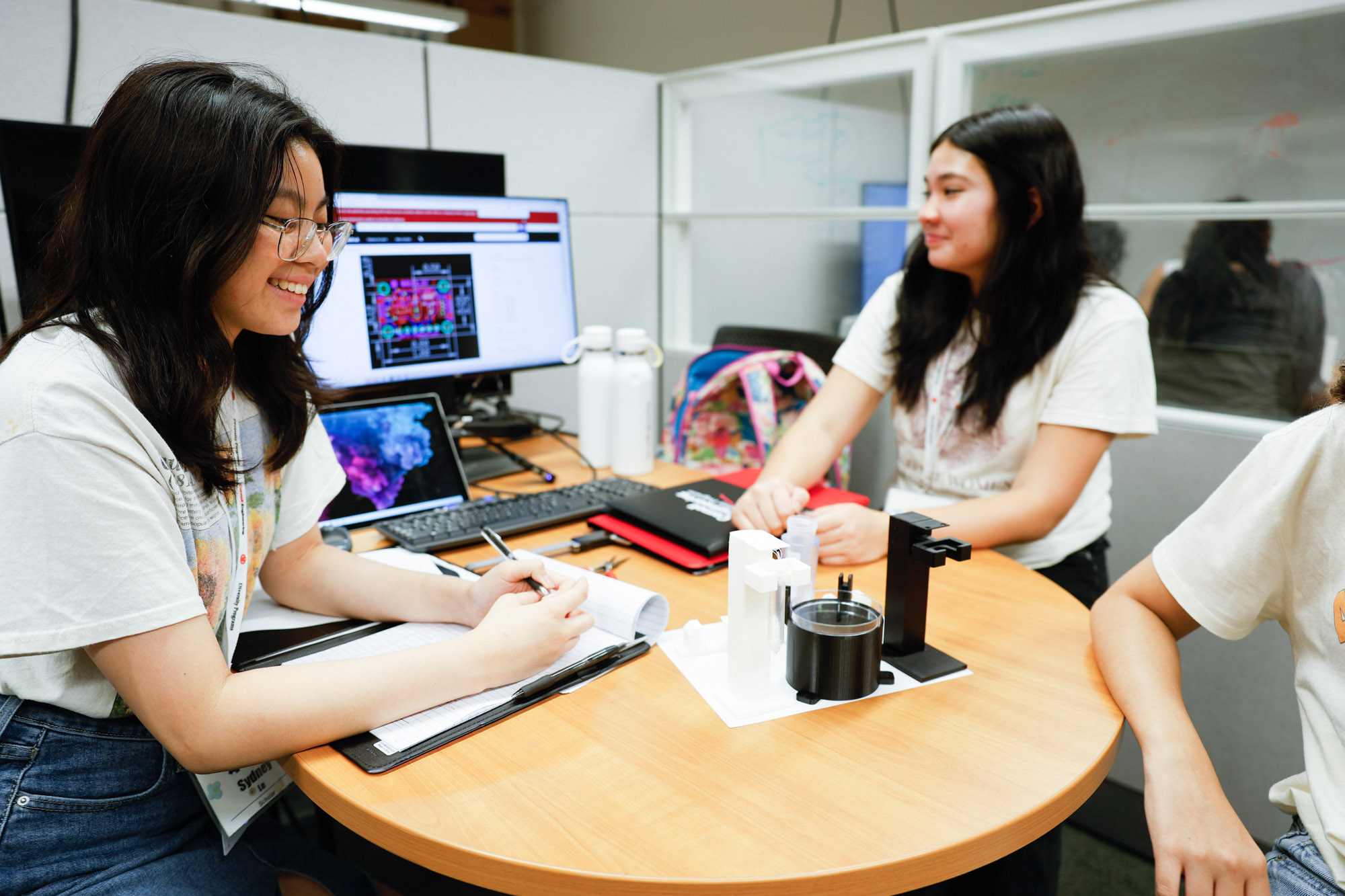
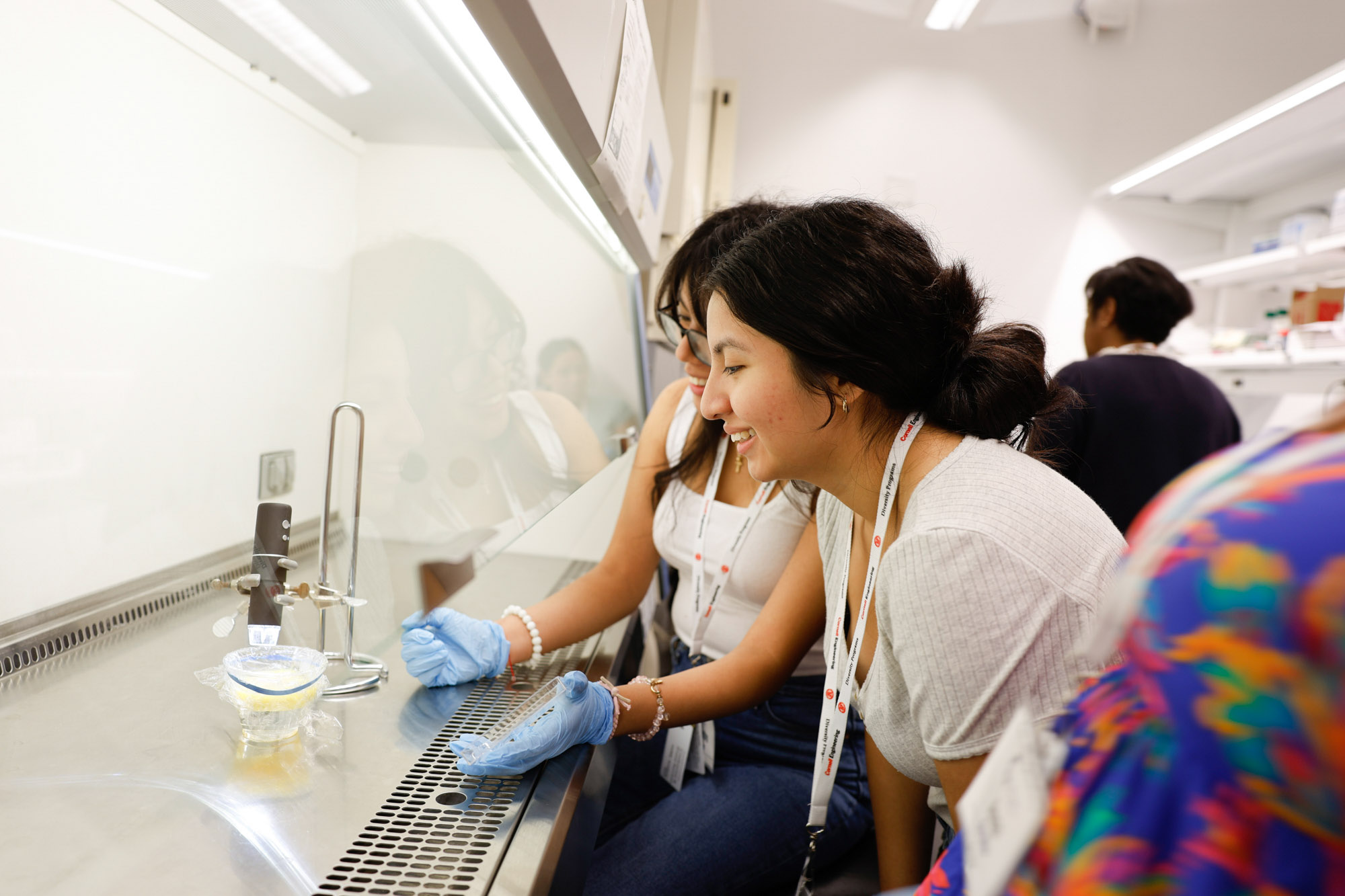
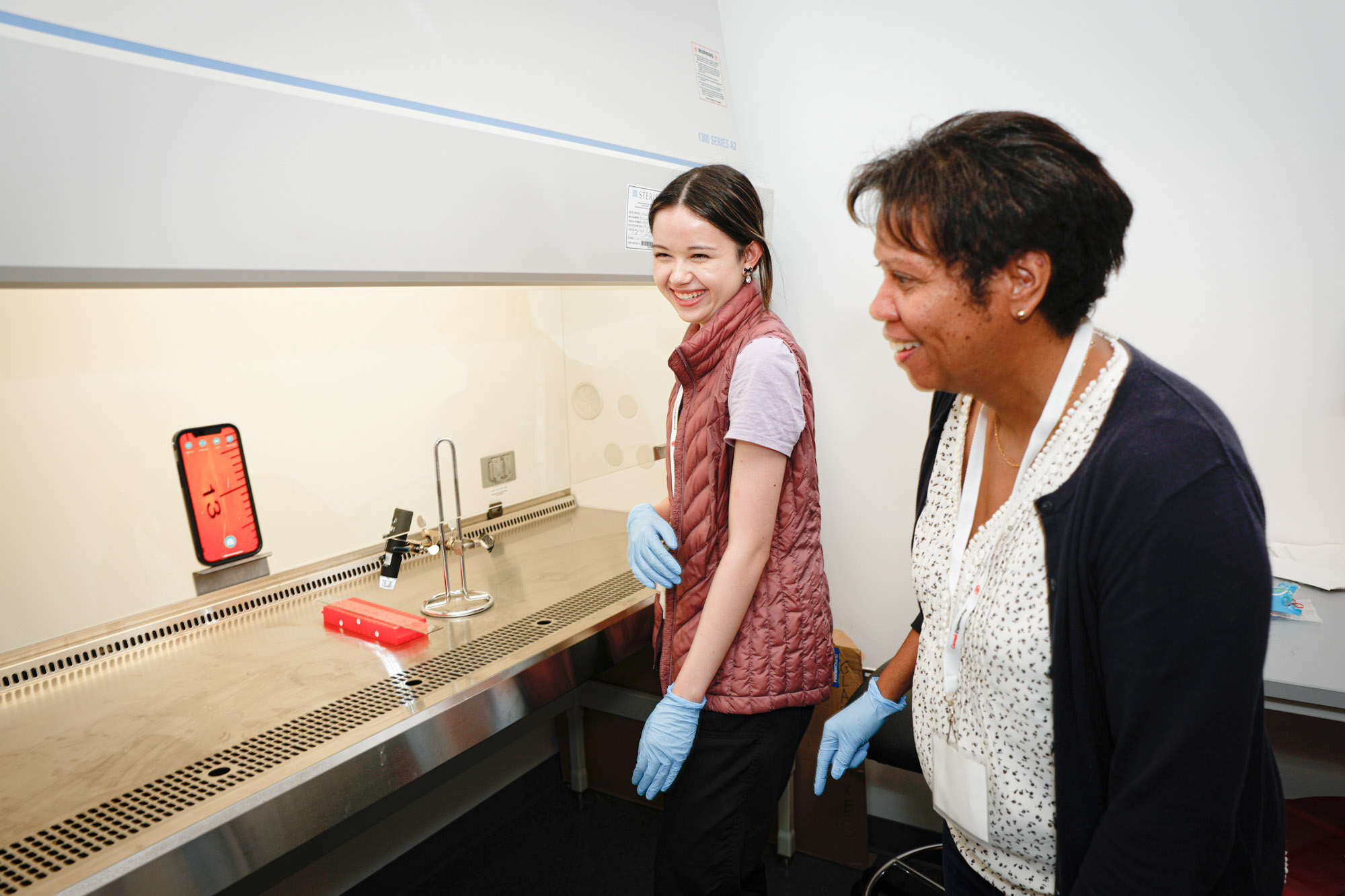
Popular Experiences for Biomedical Engineering Majors
-
![Two students from the Cornell University Engineering World Health project team standing in front of their poster at the annual project teams banquet]()
Cornell Engineering Student Project Teams
Nearly 30 teams with more than 1,000 student participants. Project teams mimic real-world engineering scenarios and bring students, faculty and staff together for the sake of team building and innovation. Many teams compete across the region, nation and globe and others work on service learning projects and programs. Project teams are dedicated to sustainability, programming, robotics, design, healthcare, watersports, public service and more.
-
![Undergraduate students wear saris with host family during study abroad experience.]()
Study Abroad
Engineering is an international field, and undergraduates who study abroad will greatly benefit from experiencing a new culture. Spending a full semester abroad (typically the fall semester of junior year) takes careful planning in coordination with your academic advisor. To learn more, speak with the Engineering Advising Office. Applications are handled through the Office of Global Learning. For the full breakdown of courses, contact the undergraduate program coordinator.
-
![Cornell graduate student works with girl scout at table on an engineering experiment at GSED 2024.]()
Undergraduate BMES Chapter
Cornell’s undergraduate chapter of the Biomedical Engineering Society (BMES) works to promote the profession of biomedical engineering (BME) through research, educational outreach, and advocacy of engineering approaches to biology and human health. The chapter supports students in their social and academic development at Cornell, as well as provides support through research and employment resources.
-
![Undergraduate students work together in lab with computers and calculators]()
Undergraduate Teaching
Sharpen your communication and leadership skills, give back to the younger undergraduate community and learn much more about a subject. If you’re planning to pursue a Ph.D. and work in academia, being a teaching assistant (TA) can act as a great starting point in your teaching career.
-
Undergraduate Research
Most faculty advise undergraduate research. Students often present their research at Cornell and scientific meetings, and some become authors on scientific papers. You may also find opportunities on ForagerOne.
